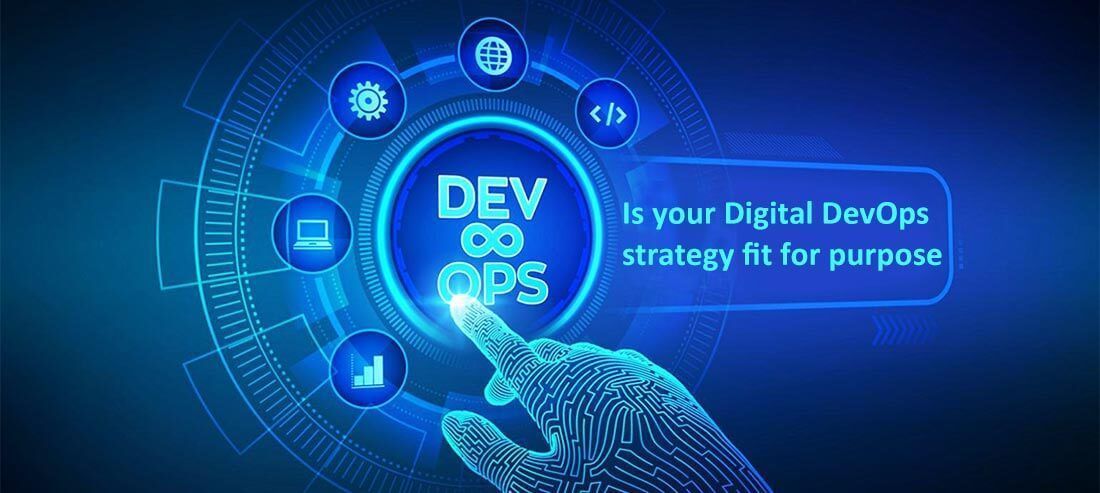Is Your Digital DevOps Strategy Fit For Purpose

<div><p>I recently spent some time reflecting on past experiences, and it struck me that I have witnessed many digital initiatives that have failed to embrace DevOps as a competency. DevOps can and should be at the core of all digital initiatives. To truly focus on the promise of DevOps, an implementation must deliver DevOps as an enabler of digital competitive advantage. Of course, this is easier said than understood. </p><p>In the book "Designed for Digital" by Jeanne Ross, Cynthia Beath, and Martin Mocker, they describe the difference between "digital" and "digitized". The key message is that digital products that support digital initiatives have different characteristics than systems and products that support core business functions, these can be "digitalized". The former must embed traits that foster rapid innovation and evolution through continuous experimentation and learning. The latter has traits of stability and operational excellence that are optimized through technological improvement.</p><div class="bigdata-services-area p-5 mb-5 bg-eef6fd"><div class="row"><div class="col-lg-6"><div><h4>The challenge is that digital products need a different DevOps strategy than digitized.</h4><p>Most DevOps strategies support digitized products. These products are focused on strong SDLC governance (branching) and optimizing (automated) for consistent releases at a prescribed cadence (sprint cycle) and are by nature highly supportive of operational excellence. Even though operational excellence is a must-have, it is table stakes in today's digital business. DevOps for digital must think beyond the efficiency mindset and apply principles at the core of a digital business-a growth mindset.</p></div></div><div class="col-lg-6 pt-20"><img src="/uploads/dev4_162f8f4e94.jpg" alt="" caption=""></div></div></div><p>Digital products should be designed to seek new revenue streams through delightful experiences that cater to the needs of human value. The key characteristics of human value are dynamic, constantly evolving and deeply psychological. These have implications for the very core of a product or business value proposition. No simpler example is the taxi business. Before the invention of Uber, taxis took people from A to B. But Uber evolved the value proposition of transportation to one that was psychologically linked to safety (rated drivers), reliability and predictability (GPS tracking & upfront cost). </p><p>Given that, there are a few questions we must answer. How do we evolve and test new value propositions? How can we understand what our customers value even when they may not be able to articulate their needs? Can a DevOps strategy be aligned to support such a dynamic business model? </p><p>Firstly, a digital DevOps strategy should provide a framework to experiment with product combinations. With this framework, we can safely introduce experiments at any time or even multiple times a day. Think small release batches and small release experiments. These should be business- or event-driven based on business conditions. </p><p>The second focus should be on providing an analytics platform to measure the results of the experiments. By iterating small product experimentation, we expedite our ability to learn what consumers value. This allows us to reshape the value propositions and design our product and experience based on data. That is where true competitive advantage exists. No longer are product releases a bundle of features and capabilities. They are now the mechanism that we use to get to know our end consumer. </p><p>So, to conclude. Carefully think about your DevOps strategy, its key design principles and what business model it will support. Digital products that operate in highly competitive and rapidly evolving businesses need to constantly experiment, learn and adapt. If done correctly, your DevOps capability can be a strategic asset.</p></div>
if you are interested in exploring more on this topic please get in touch with us on insights@fintinc.com.